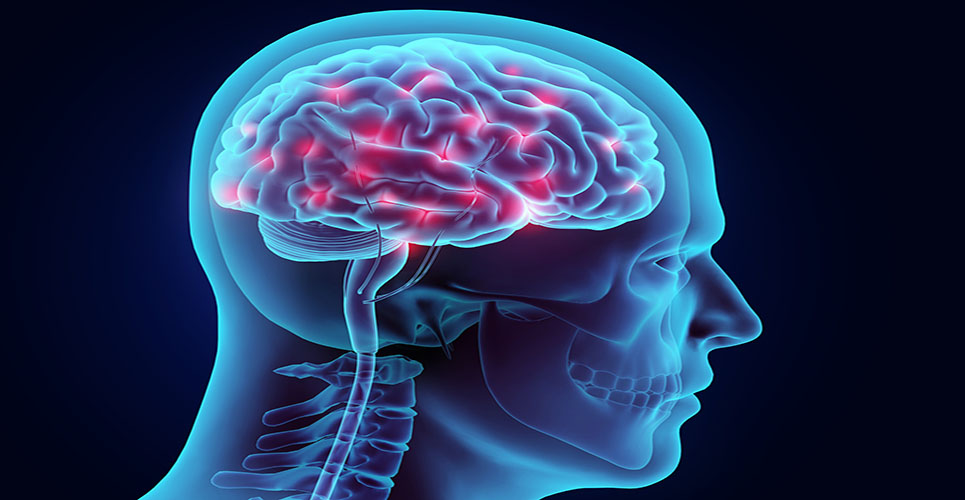teaser
Patients with mild Alzheimer’s disease (AD) who take 800 mg of tarenflurbil twice daily show less decline in functional ability than those taking placebo.
The findings of a phase II study justify phase III studies of tarenflurbil at this dose.
These are the conclusions of authors of an article published early online and in the June issue of The Lancet Neurology.
Deposition of the protein amyloid-β (Aβ) in the brain is a neuropathological hallmark of Alzheimer’s disease, and a potential cause of neuronal damage.
The molecule believed to initiate this damage is the 42-amino-acid peptide Aβ42.
Tarenflurbil is a drug that reduces production of Aβ42, and it falls into the category of drugs known as selective Aβ lowering agents (SALAs).
In a mouse model of AD, tarenflurbil prevented defects in learning and memory.
In an accompanying commentary, Dr Paul Aisen, University of California, USA, says: “Are these results sufficient to support continuation of a large phase III development programme? Thankfully, the sponsor’s view was affirmative.
“With the need so enormous, and the potential effect of the benefit suggested (although not proven) by these phase II results, the effort is indeed justified despite the substantial uncertainty.
“In a few months, we will learn whether tarenflurbil will be the first anti-amyloid intervention to be efficacious in a pivotal trial.”

